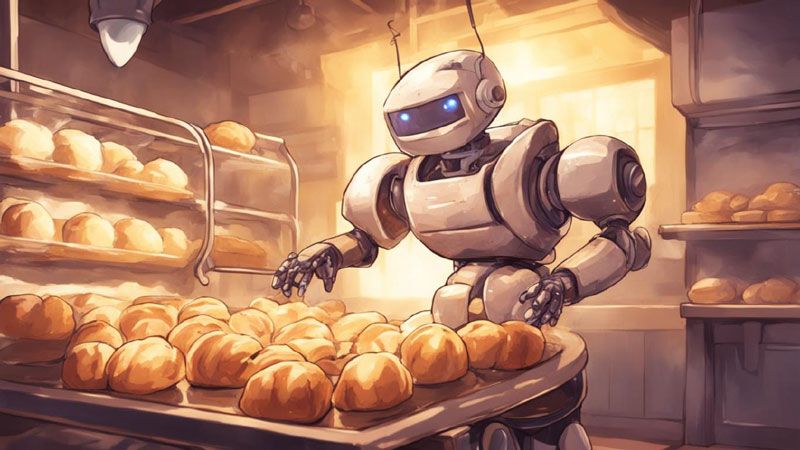MIT Computer ScienceandArtificial Intelligence Laboratory(MIT CSAIL) recently released a research report,He said that at this stage humans do not need to worry about AI taking away their jobs, and there are no serious conflicts or impacts between the two.
The report points out that due to extensive media coverage and in-depth communication among users, the "AI threat theory" has been exaggerated. In fact, due to the high cost of implementation for enterprises, it will not threaten most jobs in the short term.
Neil Thompson, a co-author of the study and a researcher at MIT CSAIL, said:
Like many recent related studies, we also found that artificial intelligence has great potential in automating tasks.
But there is ample evidence that there is not enough motivation and appeal for companies to deploy automation to replace existing human jobs.
In other words, the statement that “AI will take away human jobs” is an exaggeration. Even if it really starts to replace humans, the whole process will definitely not be fast, and the scope of impact will not expand rapidly.
According to the U.S. Bureau of Labor Statistics, bakers spend approximately 6% of their time inspecting food quality, a task that AI can (and is) automating.

Assuming that the bakery has 5 employees, each with an annual salary of $48,000, it can save $14,000 if food quality inspection can be automated.
However, installing an automated control system costs $165,000 (currently about RMB 1.188 million), with an average annual maintenance cost of $122,840 (currently about RMB 884,000), and subsequent maintenance costs will increase year by year.
The team says that for most types of work, humans are still the best economic choice. Only 23% of paid work can be economically automated. Furthermore, even if an AI system costs only $1,000, it is not profitable to use it in many types of work.
The research runs counter to other predictions, including Goldman Sachs’ estimate that AI could automate 251% of jobs across the workforce in the next few years and McKinsey analysts’ belief that by 2055, almost half of all jobs will rely on AI.